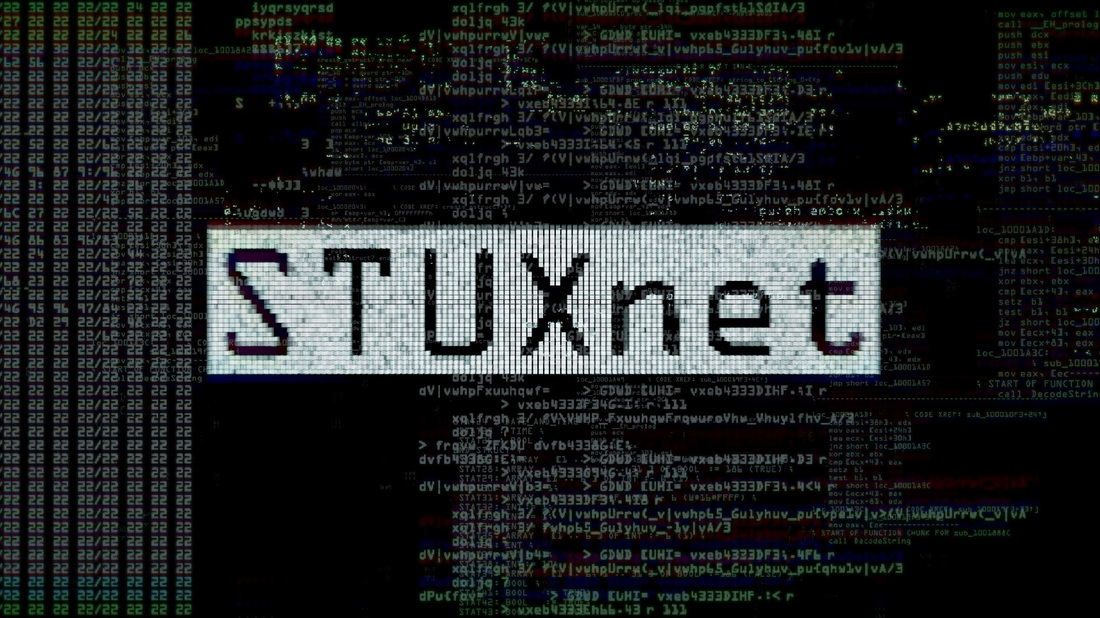I’d like to focus on the phrase I used and director Alex Gibney’s latest documentary Zero Days uses: “cyber weapon.” In April 2016, the Pew Research Center asked 2,000 Americans to react to various potential international threats to the U.S, and the second highest worry after ISIS was country-on-country cyber war. Seventy two percent of Americans find cyberattacks to be a major threat, and it’s the ambiguity and lack of coverage surrounding political cyber affairs that fuels this fear. Donald Trump and Hillary Clinton focus heavily on ISIS in their political campaigns, but seem to have a blind-eye when it comes to a threat that 72% of Americans find to be threatening.
And yet, after seeing Zero Days, I believe only 72% of Americans to be too small a number to be afraid of the cyber capabilities of our nation states. Zero Days explores the phenomenon of Stuxnet, the hazy story from years ago that was buried under abstruse technical detail and soon swept under the rug by the media. Notable documentarian Gibney (Going Clear: Scientology and the Prison of Belief, Taxi to the Dark Side) has used his trusted fame to thrust this topic back into the public eye, and his film shines a deserved amount of urgency and light on topics like cyber warfare, national security and secrecy, digital infrastructure, and nuclear weapons. Gibney interviews virus-dissecting professionals from Symantec and former CIA members (notably Eric Chien and Liam O’Murchu) to spill the otherwise confidential information found in the Stuxnet virus that exposes the lengths the US Department of Homeland Security National Cyber Security Division and NSA had to go to to attack these Iranian machines and control their electromechanical processes.
It is truly terrifying to watch a full examination on the capabilities of cyber warfare. This is the first chapter in a new kind of warfare, and Gibney projects Chien and O’Murchu, two malware scalpers, as the unlikely heroes and communicators of the Stuxnet attack. It’s reminiscent of 2014’s Citizenfour by Lauren Poitras, that opened eyes further to the international extent of Snowden’s leak of information and spent most of the time explaining the cause-and-effect of Snowden’s tell-all, but here Gibney confidently asserts that cyber terrorism is the next big thing in war, and makes sure to focus and be clear on this topic that is so covered in jargon and “clouds” of incoherence. His ability to translate the Stuxnet incident so legibly is highly effective in conveying his message of how cyber warfare is like a dystopian, Philip K. Dick novel come to life. He interviews government employees and members of Congress to get them to speak up about Stuxnet, and their constant “I am not allowed to discuss these matters” is frustrating but in a staggering way. Here’s a news story that most people around the world know about, that Chien and O’Murchu have proved to be created by some nation state to sabotage Iran’s nuclear weapon programs, and all government employees still refuse to disclose anything about it, let alone America’s involvement in it.
Stuxnet started in the defense department, before Robert Gates transferred it to the CIA and the coding was handled by the NSA and Unit 8200 in Israel, while the decisions were made by another secretive group called the US Cyber Command. What Gibney does with all his resources is make the case that cyberwarfare is a type of undeclared aggression that works so behind the scenes, but it’s effects are massive and even harmful to the American people. The NSA is made to monitor foreign relations. Monitoring foreign systems inherently allows the NSA to manipulate them how they want- all they needed was an act of will. Gibney interviews multiple NSA members (all who remain anonymous through a middleman actor) who disclose “Yes, we created Stuxnet” and “Yes we focused on offense more than defense” and “Yes we are still working on even bigger, more dangerous cyber attacks,” and that their act of will was approval by President Barack Obama as soon as he was inaugurated into office.
Once the Iranian government discovered that Stuxnet was a foreign attack, they clapped right back by cyber attacking American banks like Bank of America and PNC, which disabled a large population of Americans from doing any online banking and placing their assets in a state of uncertainty. Gibney effectively portrays that there is simply too much power and vulnerability being bounced around by these highly but wrongly confidential government organizations. He demonstrates that the blistering gunfire of WWII can have the same effect as humming servers hiding under American military camps in 2016, and his constant references to this “War of Tomorrow” is engaging enough that I now find myself with almost 20 tabs open on cyber warfare articles. Zero Days makes you wonder how many viruses are dormant on people’s computers without anyone knowing. They’re just waiting to attack.
Grade: B+

 RSS Feed
RSS Feed
